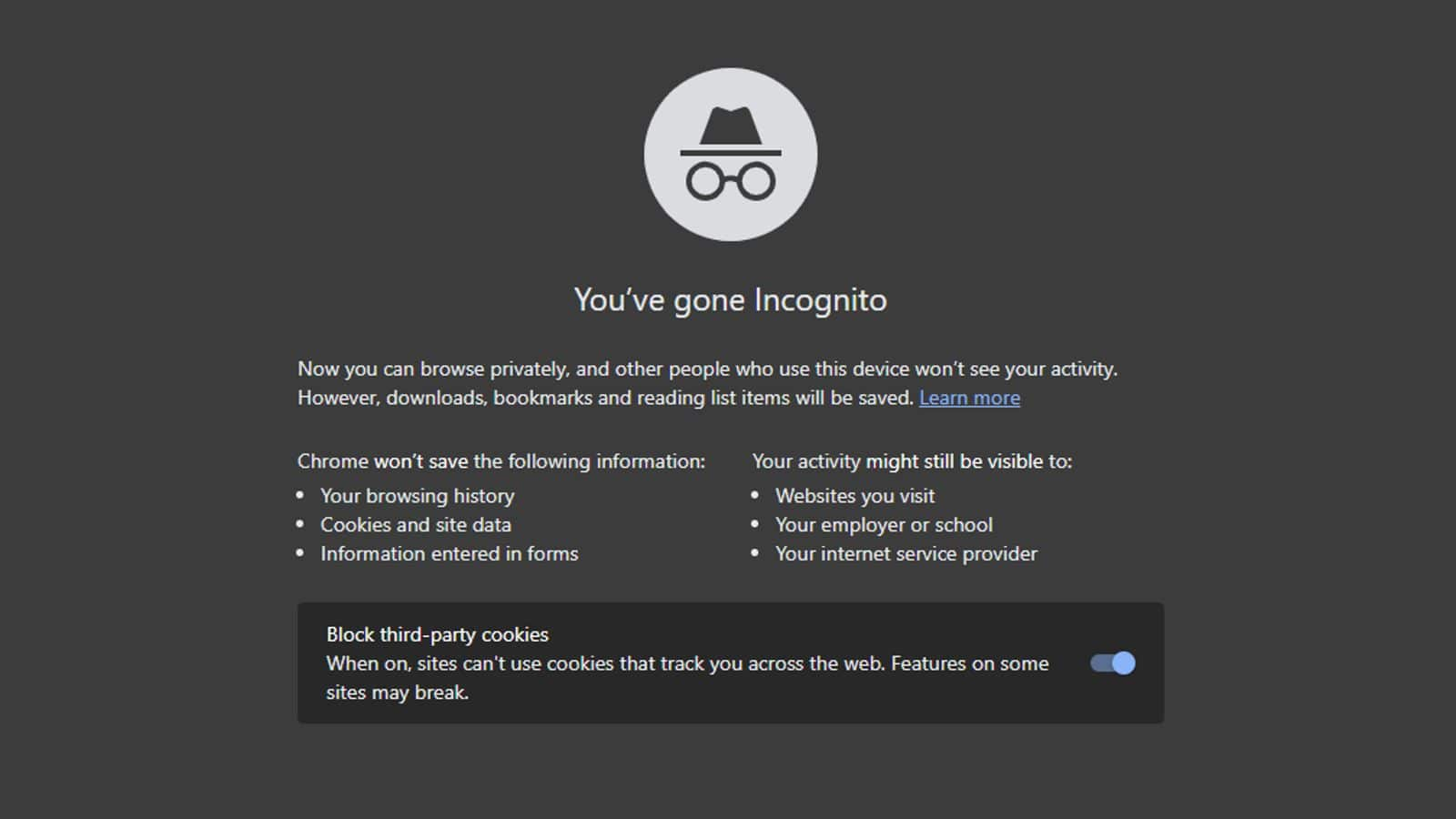
Google to erase user data of millions using 'Incognito' mode
What's the story
In a recent settlement, tech giant Google has pledged to erase millions of user data records, collected through its Chrome browser's 'Incognito' mode. This decision comes as a response to a class-action lawsuit filed in 2020, accusing the company of covertly monitoring web activity and gathering data from users, who believed their browsing was untraceable. The lawsuit claimed that Google used this information for assessing web traffic and promoting ads.
Allegations
Firm accused of being an 'unaccountable trove of information'
The attorneys representing the plaintiffs in the lawsuit against Google, described the company as an "unaccountable trove of information so detailed and expansive that George Orwell could never have dreamed it." The lawsuit alleged that despite assuring users their browsing was private in Incognito mode, Google failed to disclose the extent of data it was collecting. This has raised concerns about user privacy and transparency in Google's operations.
Concerns
Google employees questioned company's tracking methods
Internal communications revealed that even Google's own employees had doubts about the company's tracking methods. In 2018, one engineer suggested a change in terminology and iconography, stating, "We need to stop calling it incognito and stop using a Spy Guy icon." Another employee proposed altering the incognito landing page to clarify: "You are NOT protected from Google." These revelations underscore internal concerns about the privacy of users.
Internal communication
Google's marketing head acknowledged lack of transparency
An email from Google's marketing head, Lorraine Twohill, to CEO Sundar Pichai in 2019, was also exposed during the lawsuit. In her message, Twohill suggested that the company was not being transparent about its private browsing tool. She wrote, "We are limited in how strongly we can market incognito because it's not truly private, thus requiring really fuzzy, hedging language that is almost more damaging."
Contents
Settlement terms require Google to reveal tracking ability
As part of the settlement terms, Google will now be required to disclose its ability to track browsing during incognito mode. Furthermore, while users are in incognito mode, Google will prevent third-party companies from tracking cookies by default. Despite the settlement agreement, individual users still retain the right to sue Google for monetary damages over covert data tracking in California state court.
Company response
Google happy to delete old technical data
Google Spokesperson Jose Castaneda stated that the company is "happy to delete old technical data that was never associated with an individual and was never used for any form of personalization." However, no monetary damages will be awarded to class members from this settlement. The settlement, which is still awaiting final approval from US District Judge Yvonne Gonzalez Rogers, prevents a potentially lengthy and costly trial.